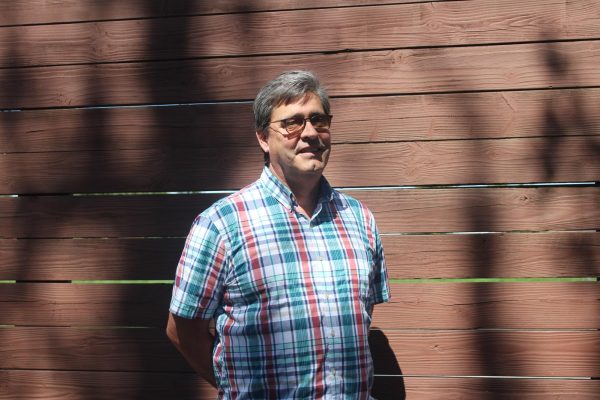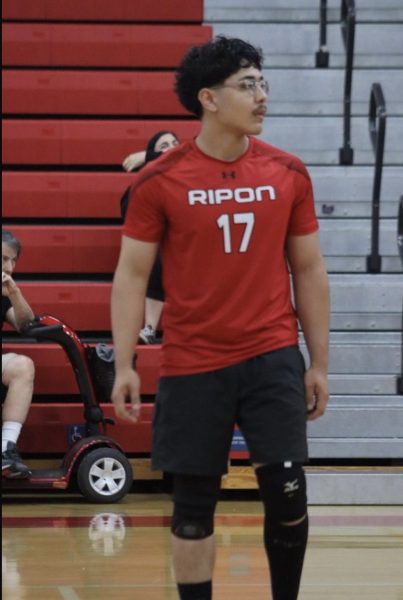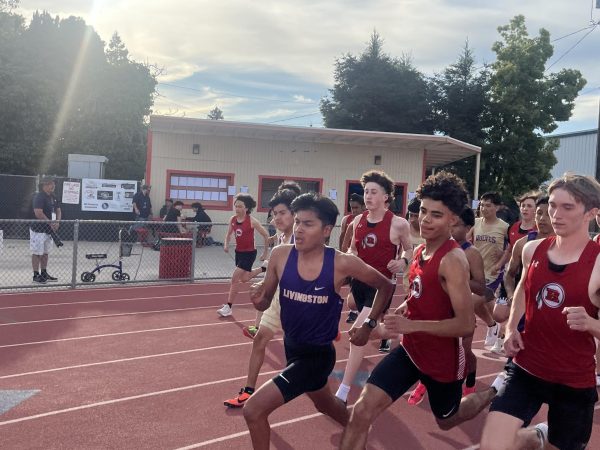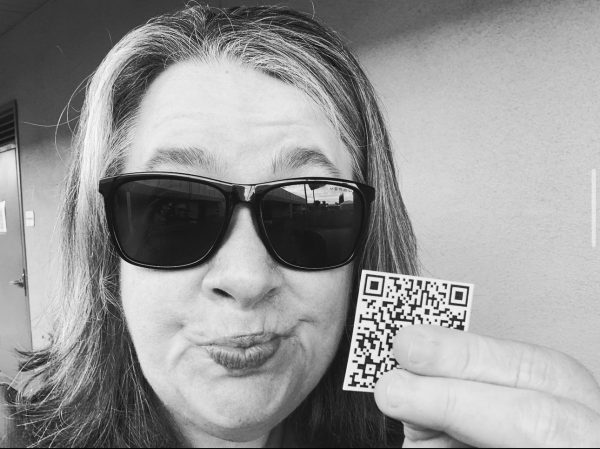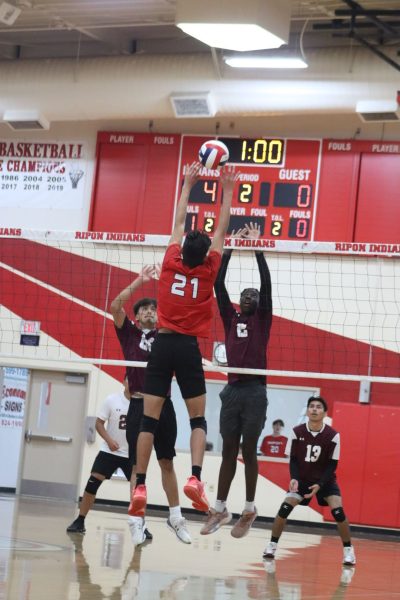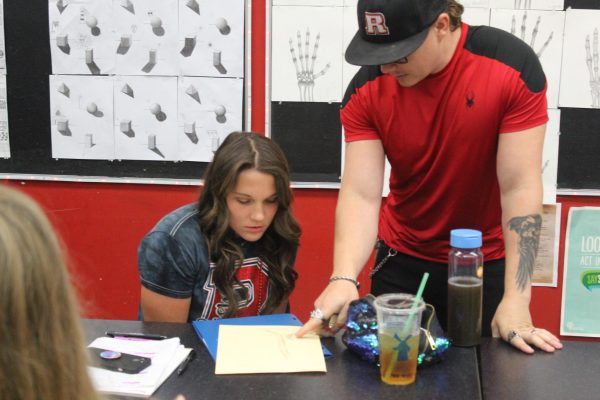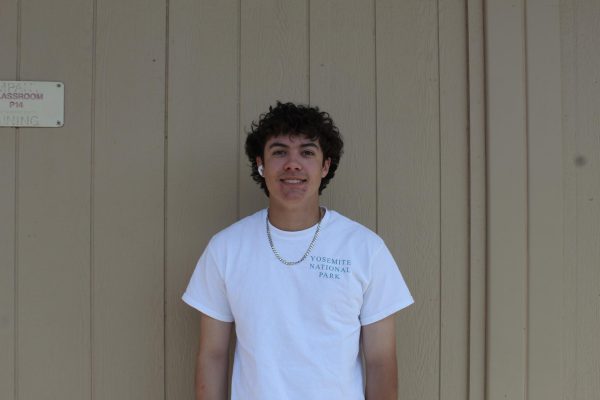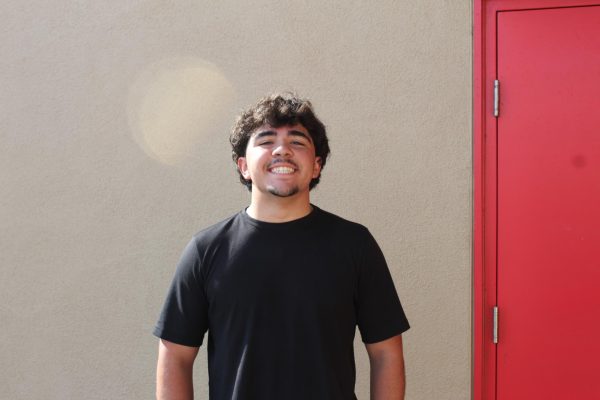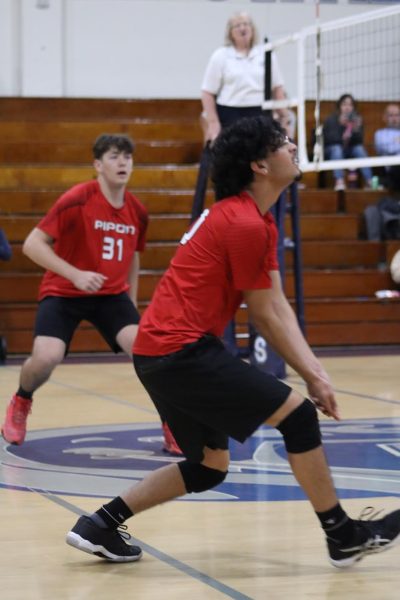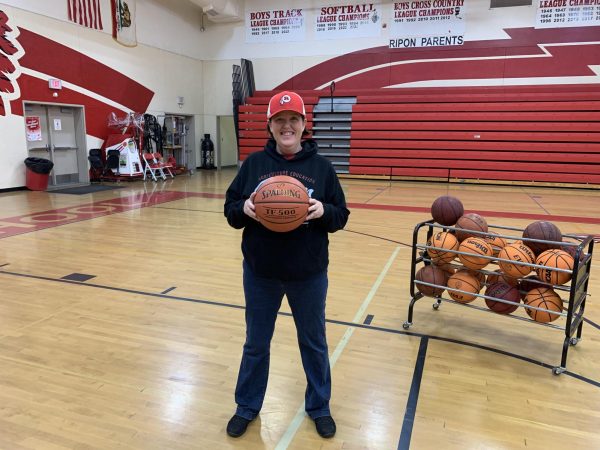Expanding Girl’s Minds
San Joaquin Expanding Your Horizons (SJEYH) takes on the mission of getting girls into math and science with workshops that engage young women while showing education and career options.
SJEYH has about 550 girls from sixth through 12th grade attend mainly from San Joaquin and Stanislaus counties every year. The girls go to the conference to become exposed to all the careers there are in science, mathematics, and all the inbetweens.
“Girls attend three workshops that provide hands-on science or math-related activities and enable the girls to interact with professionals and science enthusiasts,” states SJEYH’s official website.
One of the professionals involved is Associate Professor Mary Kay Camarillo. Camarillo is a civil and environmental engineer who educates at the Stockton location of University of the Pacific and has previously worked on many projects dealing in her wide range of expertise. The course she taught at SJEYH was the water treatment aspect of civil engineering.
“[Civil engineering] is all about protecting people and making sure everyone is safe,” explains Camarillo. [Civil engineering] is all about protecting people and making sure everyone is safe. — Mary Kay Camarillo
Science and engineering has increased in female participation over the past two decades, but occupy only 29% of the United States college-educated workforce according to National Girls Collaborative Project (NGC Project). NGC Project also states that female student’s achievement and participation in regular and high level mathematics and science is of equal value with their male peers and female and male students perform equally well in mathematics and science on standardized tests.
“Women remain underrepresented in the science and engineering workforce, although to a lesser degree than in the past, with the greatest disparities occurring in engineering, computer science, and the physical sciences,” proclaimed NGC Project.
Mrs. Pendleton, Ripon High’s Biology, Biology Honors, and Anatomy and Physiology teacher, believes that it is important for girls to be in STEM. She brings up the point that there is no evidence from research saying that girls are less capable of participating in STEM.
“Fewer females in STEM fields leads to fewer role models. We need more girls studying and pursuing stem-related careers to be example to young girls. There’s absolutely no reason why a female can’t become a scientist.” There’s absolutely no reason why a female can’t become a scientist. — Mrs. Pendleton
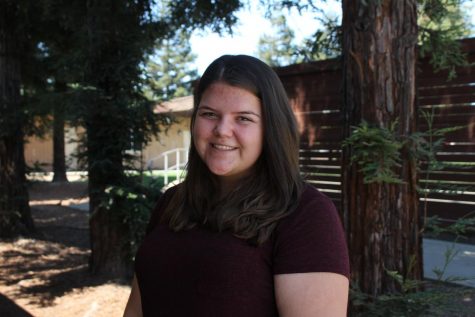
Addie Azevedo is an RHS senior. She is involved in GSA, academic Block R, and CSF. Her favorite part of journalism is being able to be creative with writing...

